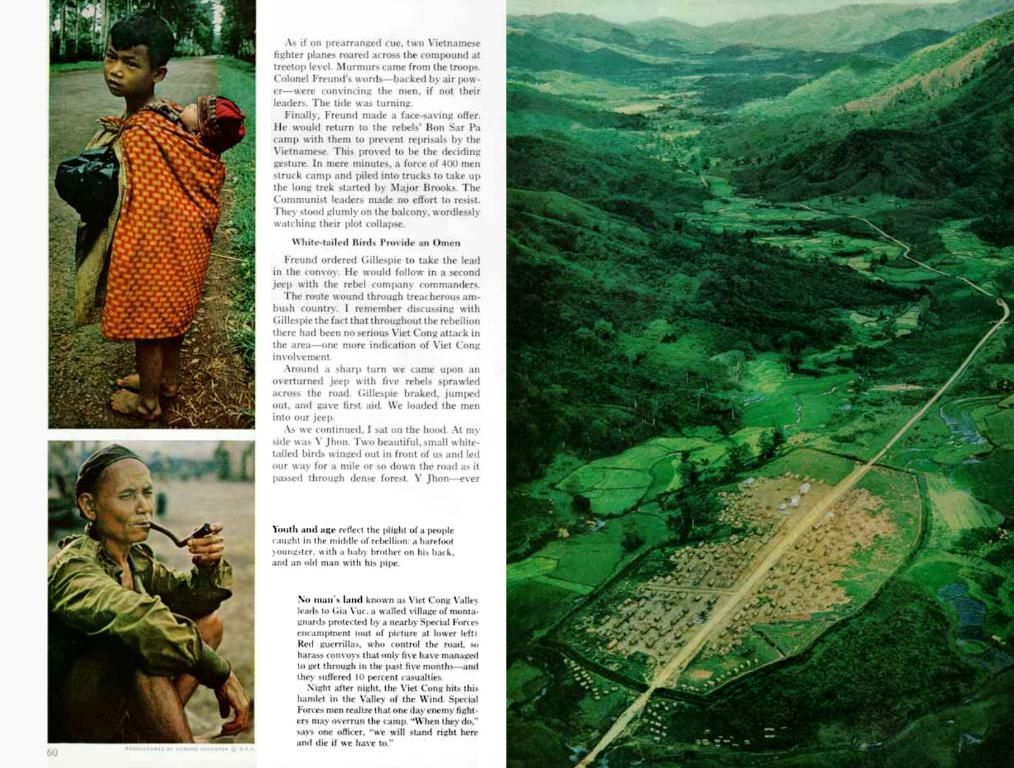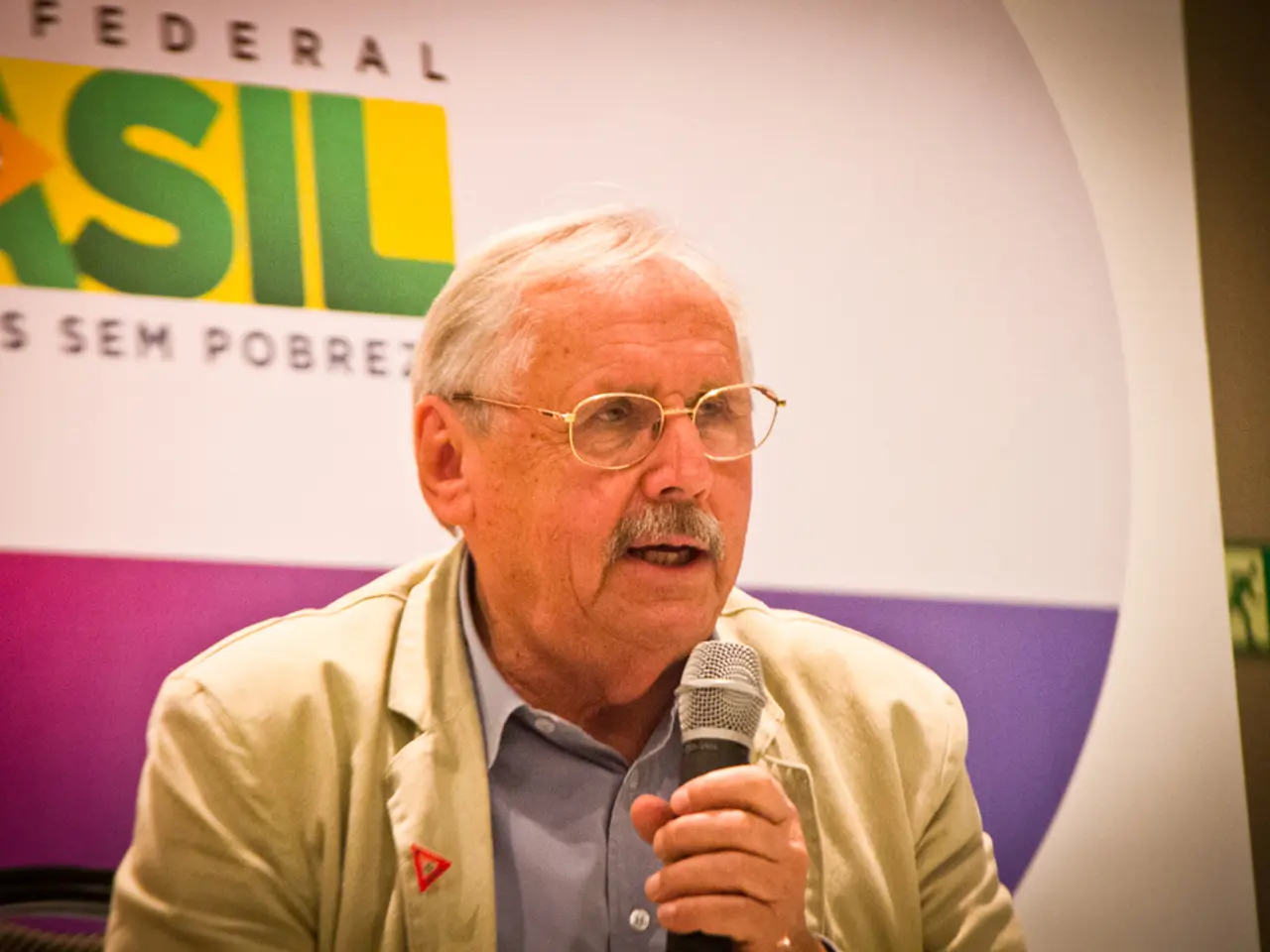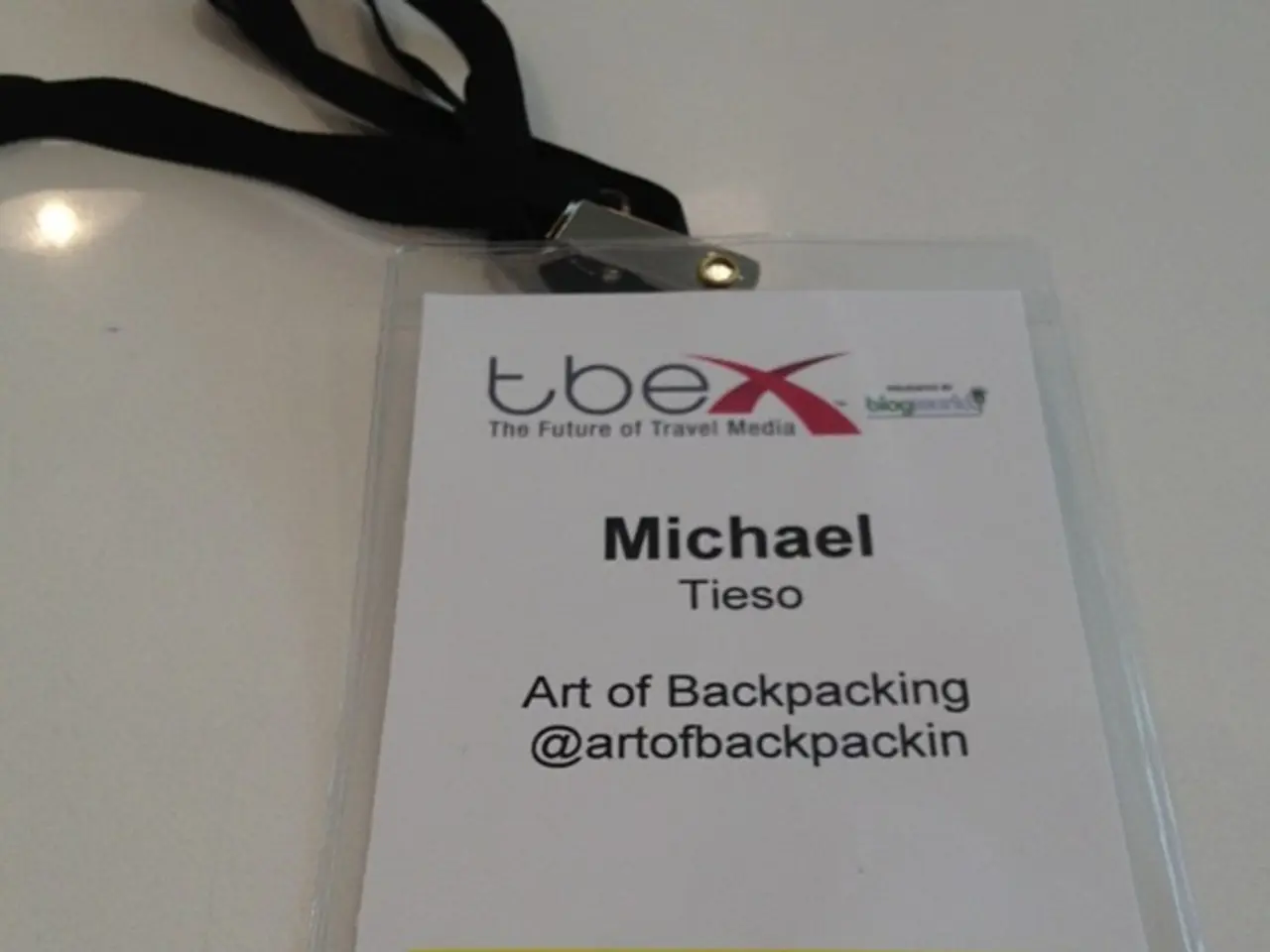Romania Obtained Over 900 Million Euros via EEA & Norway Grants Since 2007
Since 2007, Romania's coffers have swelled by over a billion Euros thanks to the EEA and Norway Grants, a fund generously donated by Norway, Iceland, and Liechtenstein. These grants have been instrumental in bridging gaps, not just financially, but also between people, institutions, and communities. The funds have primarily been funneled into key development sectors to help reduce economic and social disparities while strengthening bilateral relationships.
Romania's latest dance with these generous donors has netted a massive EUR 500 million. This influx of cash has powered hundreds of projects, each designed to make a tangible difference in the country's development.
Marcel Boloș, the Minister of Investments and European Projects, put it succinctly: "Over EUR 900 million in funding through the EEA & Norway Grants has turned visionary ideas into meaningful results. Our interventions have covered a broad spectrum: education, research, renewable energy and environmental protection, support for vulnerable groups, rule of law, administrative capacity, and civic society."
In a recent powwow with the donor countries, Romanian officials reiterated their commitment to wisely utilizing future funds. Bilateral cooperation will remain the heart of the matter, with a focus on aligning grant-based interventions with Romania's national priorities and other EU funding instruments like the Cohesion Policy and the National Recovery and Resilience Plan (PNRR).
Kudos to the EEA and Norway Grants, because when it comes to the improvements made in Romania, they've got the right stuff. The latest assessment of results has beamed the spotlight on three key areas: green development, competitiveness, and social inclusion.
On the environmental front, projects have boosted renewable energy output by 128 MWh annually, eliminated 672 tons of CO2 emissions, rehabilitated 46 peatland habitats, shuttered five landfills, and drafted 14 municipal climate adaptation plans. In education and innovation, over 2,000 professionals received support, nearly 1,000 researchers were funded, and 524 SMEs received financing.
Romania also managed to churn out 36 new products or technologies and trained over 900 justice professionals in combating organized crime and corruption. Almost 7,400 specialists were trained in addressing discrimination against Roma victims, while 84 child-friendly courtrooms were constructed.
The health and social sector has also seen significant improvements. Over 30,000 women underwent cervical cancer screening awareness campaigns in both rural and disadvantaged areas, with thousands of screenings conducted. Six community mental health centers offered support to 2,470 children, while over 2,200 cardiac patients received ongoing treatment.
The penitentiary system has also benefited, with over 600 inmates acquiring new job skills, 46 prisons equipped with fresh gear, and six facilities built or refurbished to aid rehabilitation and reintegration. It's safe to say that the EEA and Norway Grants have played a pivotal role in transforming various aspects of Romania since 2007.
So, what exactly are these EEA and Norway Grants? They're part of a funding mechanism created by Iceland, Liechtenstein, and Norway to tackle economic and social disparities within the European Economic Area (EEA) and to bolster relations with 15 EU member states, including Romania. These grants support projects in justice and home affairs, environment and climate change, health and children, education, research, and innovation, cultural heritage, and civil society.
If you want to know more about the specifics of these projects and their impact, it's advisable to consult official sources or reports from the EEA and Norway Grants programs. Don't forget to rock it, Romania!
In the context of Romania's development, the EEA and Norway Grants have been a significant source of financial aid, with the latest funding amounting to EUR 500 million. (business, finance)
Projects funded by these grants have made a tangible difference across various sectors, such as education, renewable energy, and health, helping to eliminate disparities and improve Romania's overall quality of life. (business, finance)




